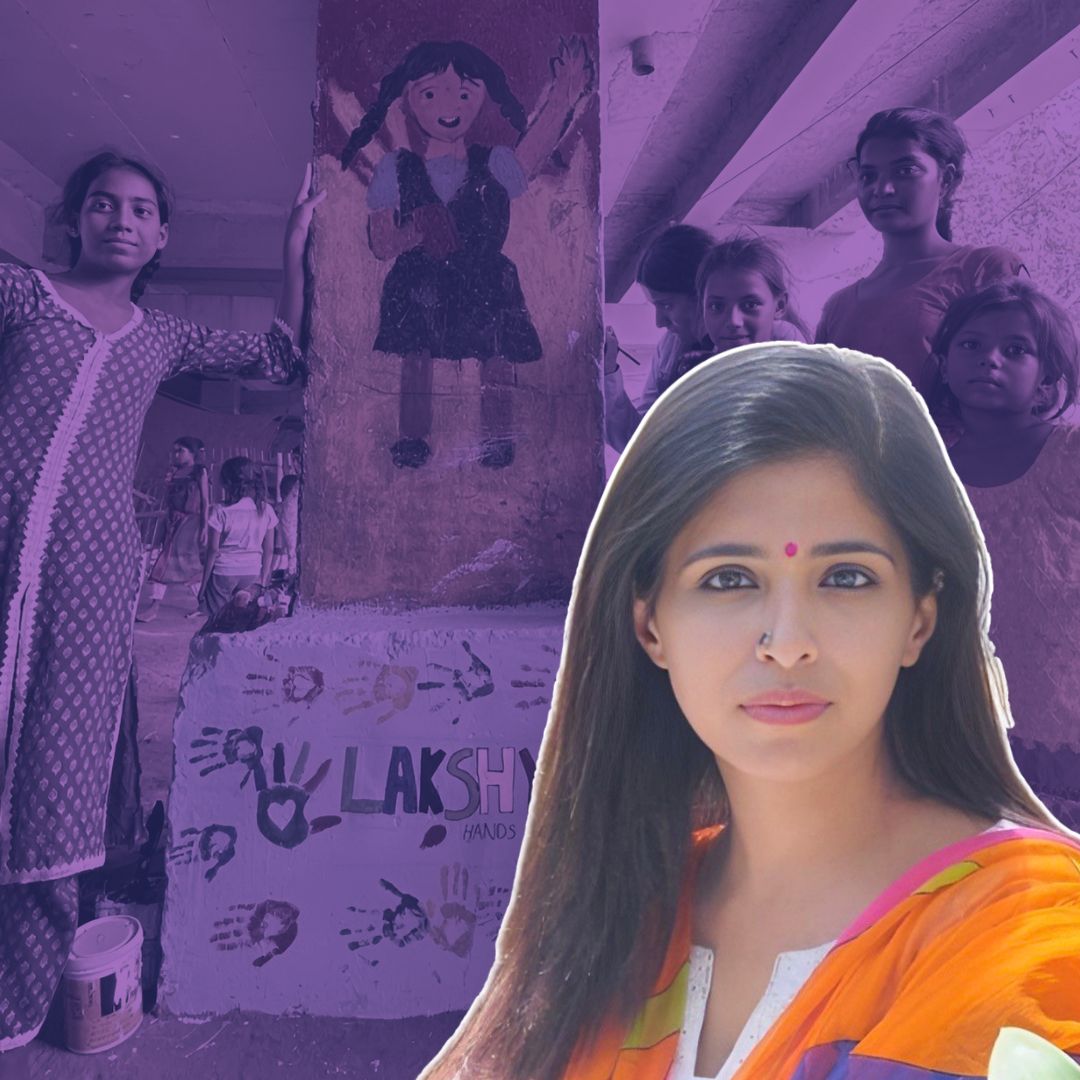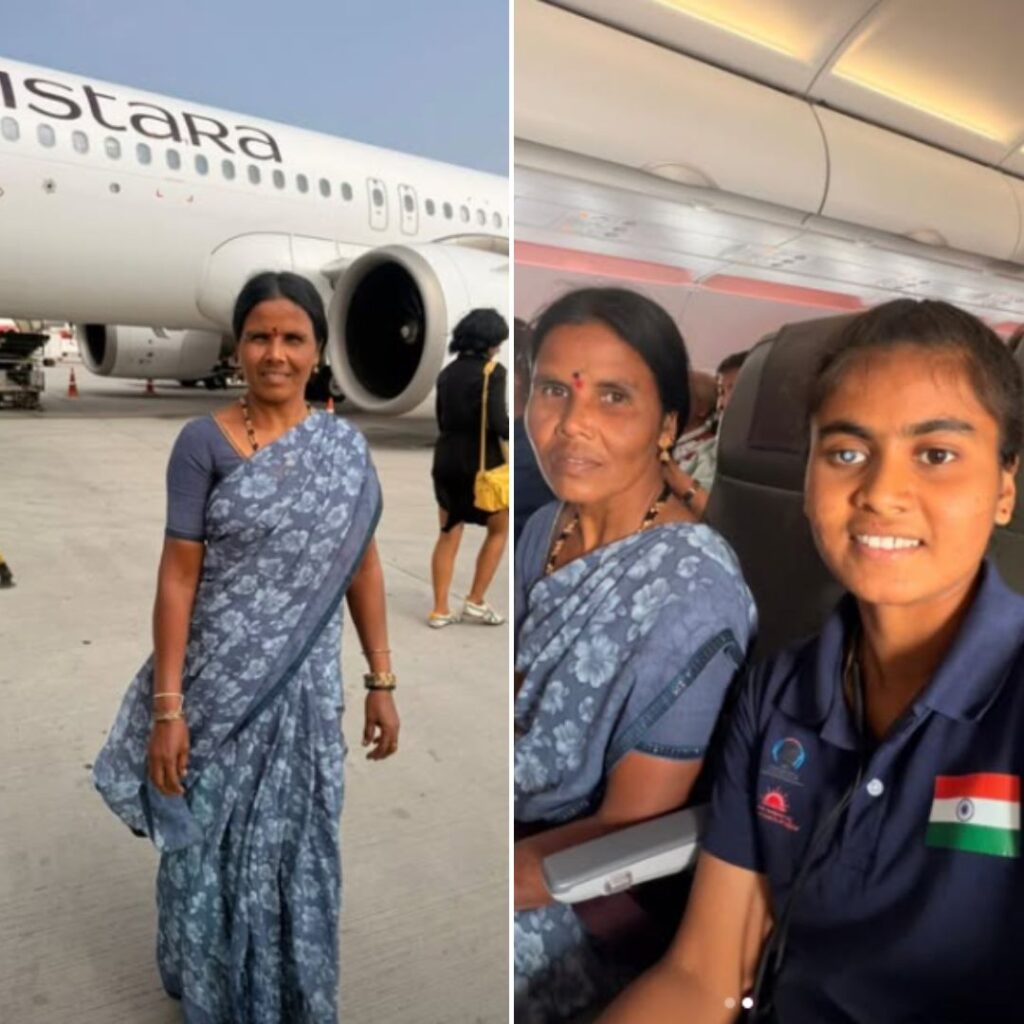Raashi Anand’s journey began when the stark reality of children begging on Delhi’s roads moved her, leading her from small acts of kindness to building Lakshyam an NGO that has touched over one million lives by uplifting marginalised women and children.
Formerly a young graduate from Ranchi, Anand is now a recognised social entrepreneur, recently extending her vision into eco-friendly social ventures and assuming leadership roles at organisations like YFLO Delhi.
Her hands-on approach and belief in harmony, “Every being deserves to coexist and co-create in peace,” continues to inspire community-driven change.
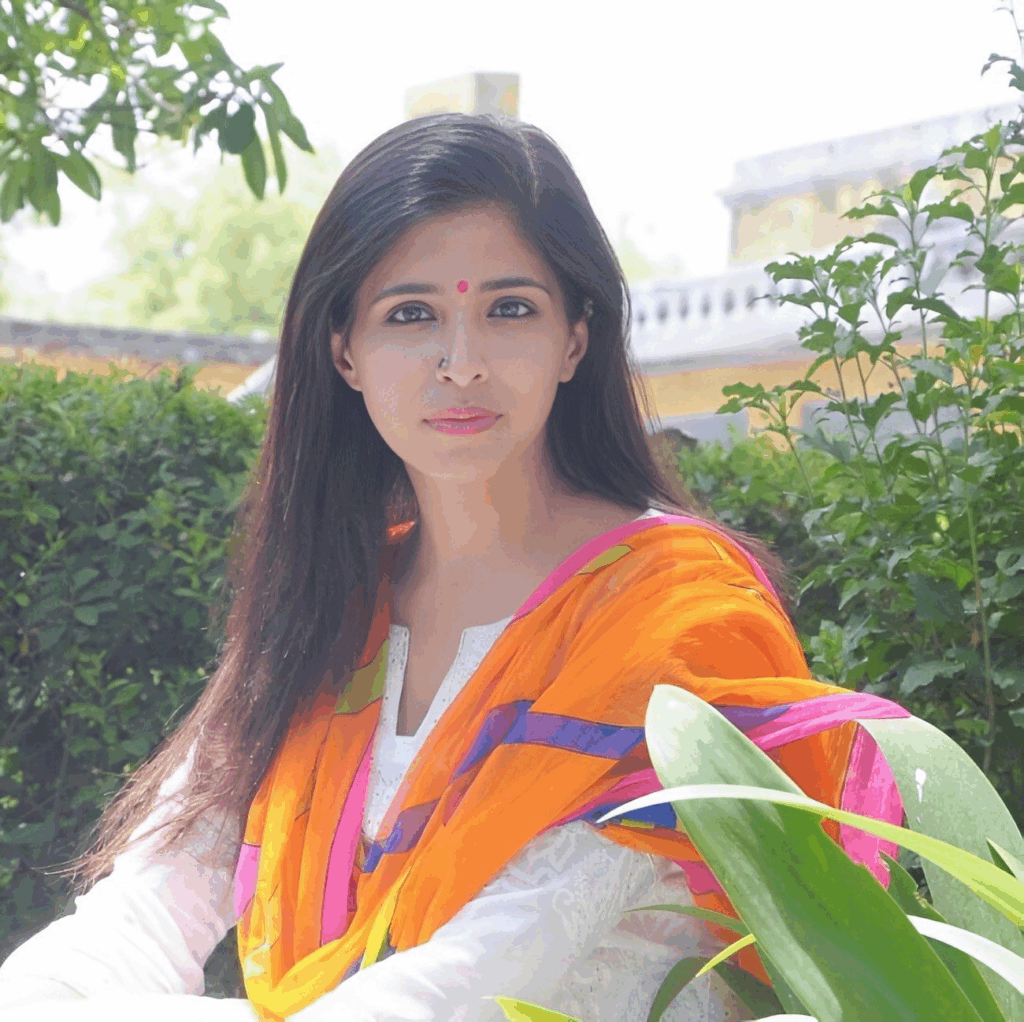
Witnessing the Divide: A Personal Awakening
Arriving in Delhi as a graduate student from Ranchi exposed Raashi Anand to India’s deep urban inequality. She recalls, “I saw kids begging at traffic signals for the first time; it was a sight far removed from my own childhood.” This initial shock was the seed for her enduring commitment.
Anand started out by collecting old toys and books for these children an act she describes as both instinctive and necessary. “Belonging to a family with many kids, I couldn’t ignore how different the lives of street children were.”
Facing resistance from sceptical community members and parents of the children, she still pressed on, laying the foundation for her work: practical empathy translated into everyday action.
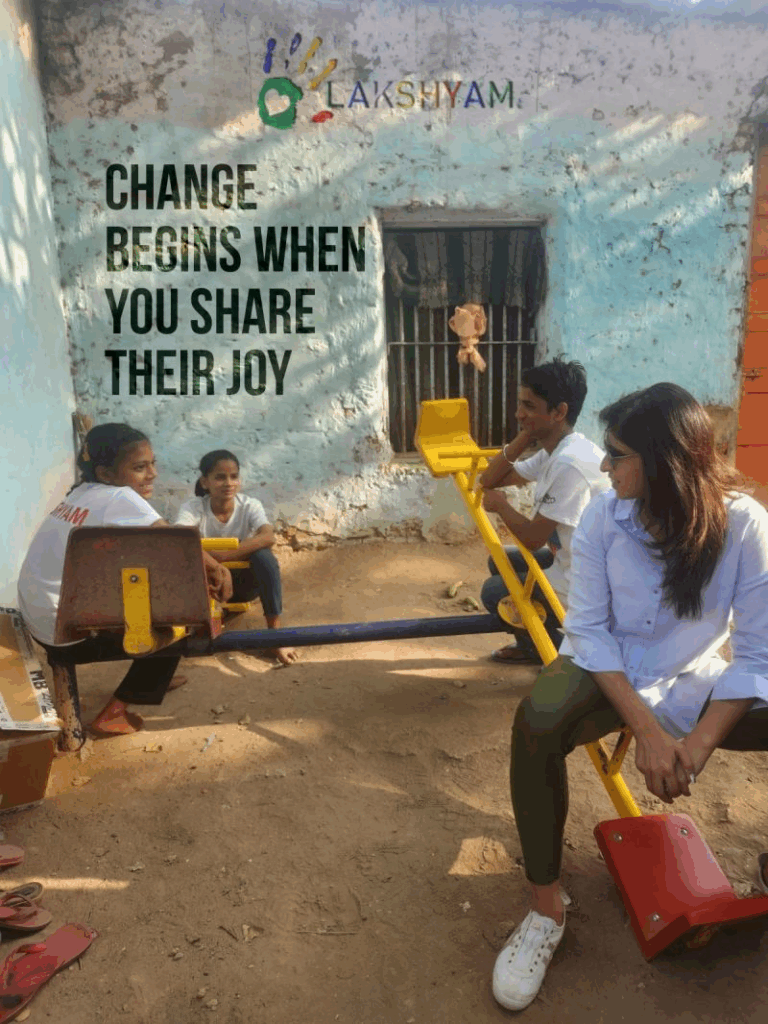
Lakshyam in Action: Creating Sustainable Change
Founded in 2012, Lakshyam quickly moved beyond charity to scalable programmes. The Toy Library programme put play and learning at the heart of childhood again for street kids, while Butterfly remedial centres mainstreamed children from vulnerable communities into the formal education system.
Lakshyam’s Rooh initiative has provided skill training and livelihoods to over 500 women across Delhi, UP, and Jharkhand. “Giving equal opportunities to all has been my main work over the past decade,” Anand affirms.
Recently, Lakshyam set up eco-friendly ventures like Travel4Change and India’s first 100% ecological animal sanctuary, Tuk Tuk Gilhari, linking environmental stewardship with social entrepreneurship: “Social entrepreneurship means being accountable to people, nature, and animals what we do impacts us all.”
She leads a team with 18 core staff and over 200 volunteers from India and beyond, focusing on transparency and measurable outcomes.

Earning Trust and Scaling Impact: Overcoming Barriers
Raashi’s years in the social sector have demanded resilience. She freely admits, “Nobody believed a 21-year-old could start and sustain a non-profit. I just started wherever I could.”
Early projects, like her first attempts to teach in Delhi’s slums, stumbled amidst community distrust and societal challenges, but each setback taught her to adapt. Building credibility took years of visible, small successes.
Today, Lakshyam runs remedial education, skill training centres and animal sanctuaries in more than fifteen states, while its innovations in fundraising like product sales through Holy Cow Lakshyam or volunteer tourism make the NGO self-sustaining even without external donors.
The core values remain clear: inclusion, dialogue, and the constant removal of barriers through practical solutions. Anand’s role as keynote speaker and advisor at national summits underlines her growing influence as a changemaker.
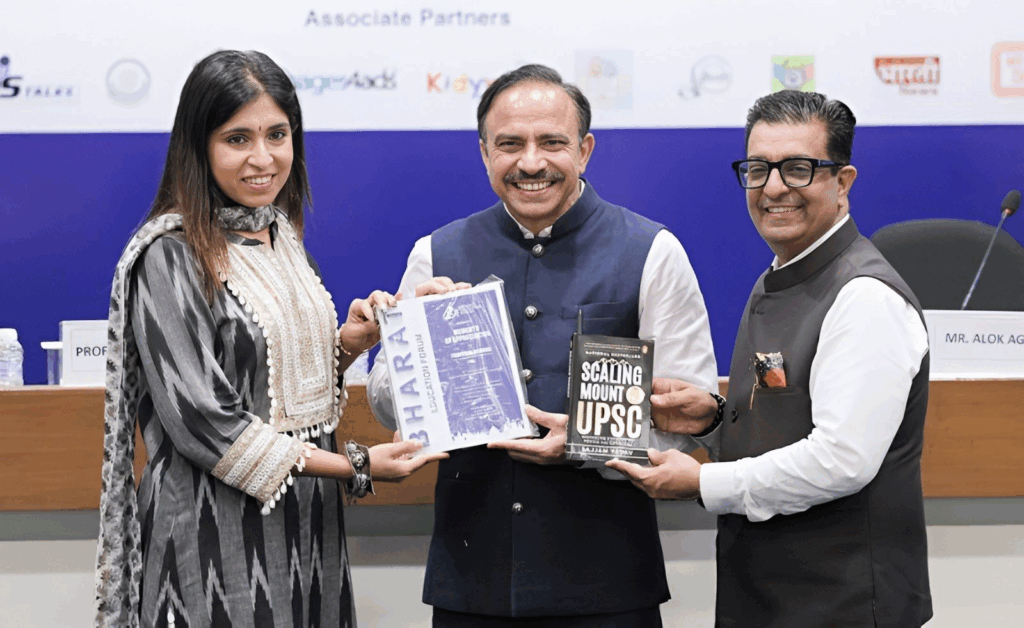
Values for a Better Tomorrow: Collaboration & Coexistence
Lakshyam’s work is rooted in the philosophy that true progress comes from coexistence. Their logo hands to heart symbolises the belief that helping hands build meaningful connections.
Anand’s leadership positions at YFLO Delhi and Yi Delhi align grassroots work with national movements, such as the Nari Shakti Vandan Adhiniyam for women’s political representation.
“We can’t talk about equality without real, on-ground opportunities,” says Anand. Lakshyam’s model isn’t just about service delivery, but also about creating pathways for others enabling volunteers from India and abroad to become part of the journey, and ensuring every action taken can be replicated and scaled.
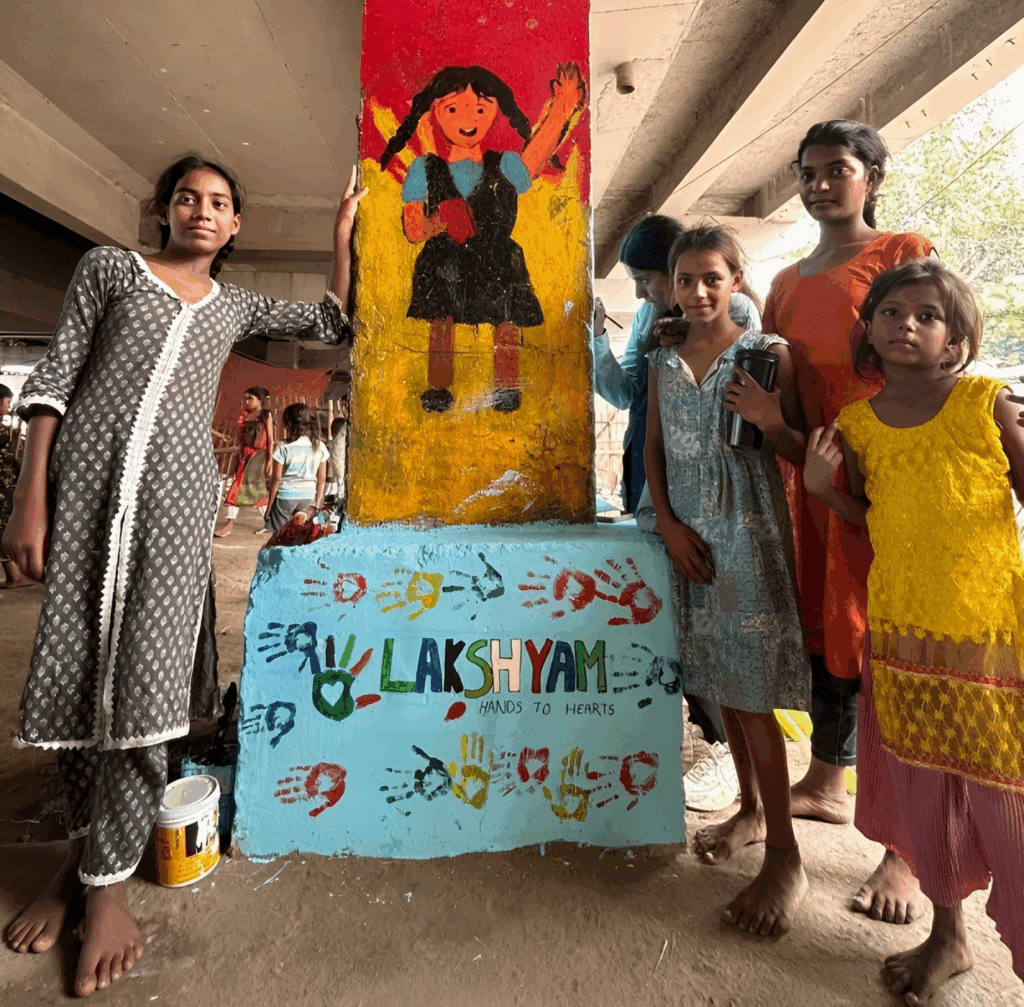
The Logical Indian’s Perspective
Raashi Anand’s evolution from empathic youth to social leader exemplifies the transformative power of listening, inclusion, and sustainable action. The Logical Indian sees in her journey proof that tangible change is possible when vision is wedded to daily, collective effort.
Empowerment, as shown by Lakshyam’s track record, is not about isolated acts but about building ecosystems where opportunity flows outward, multiplying impact. Raashi Anand’s story raises a key question: how can each of us bring about systemic change through everyday actions so that compassion becomes a habit, not a privilege?
If you’d like us to feature your story, please write to us at csr@5w1h.media.


